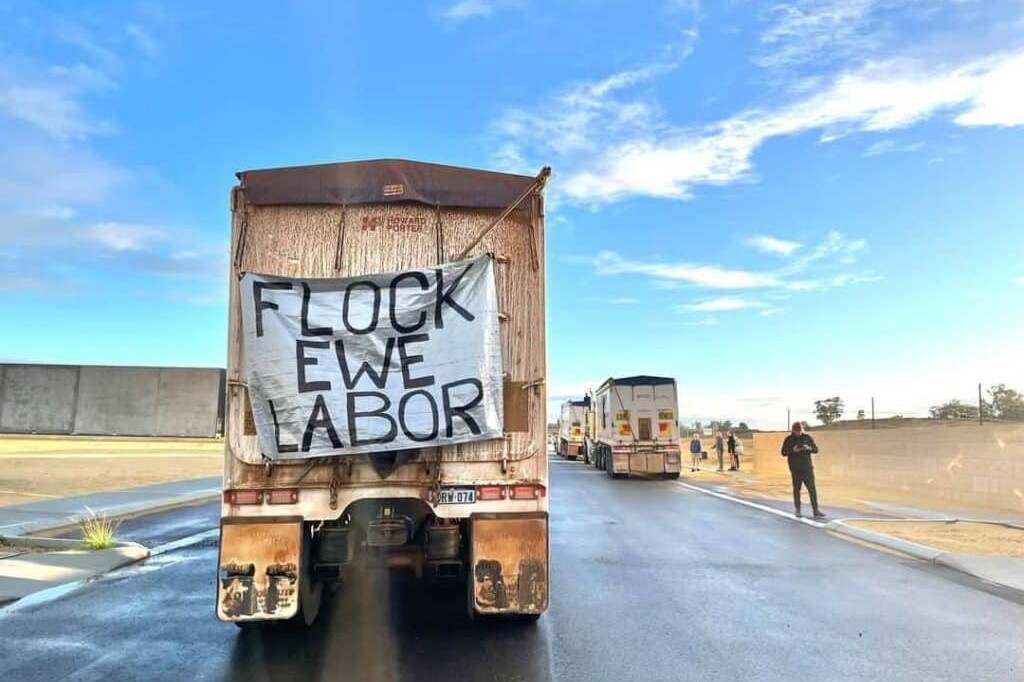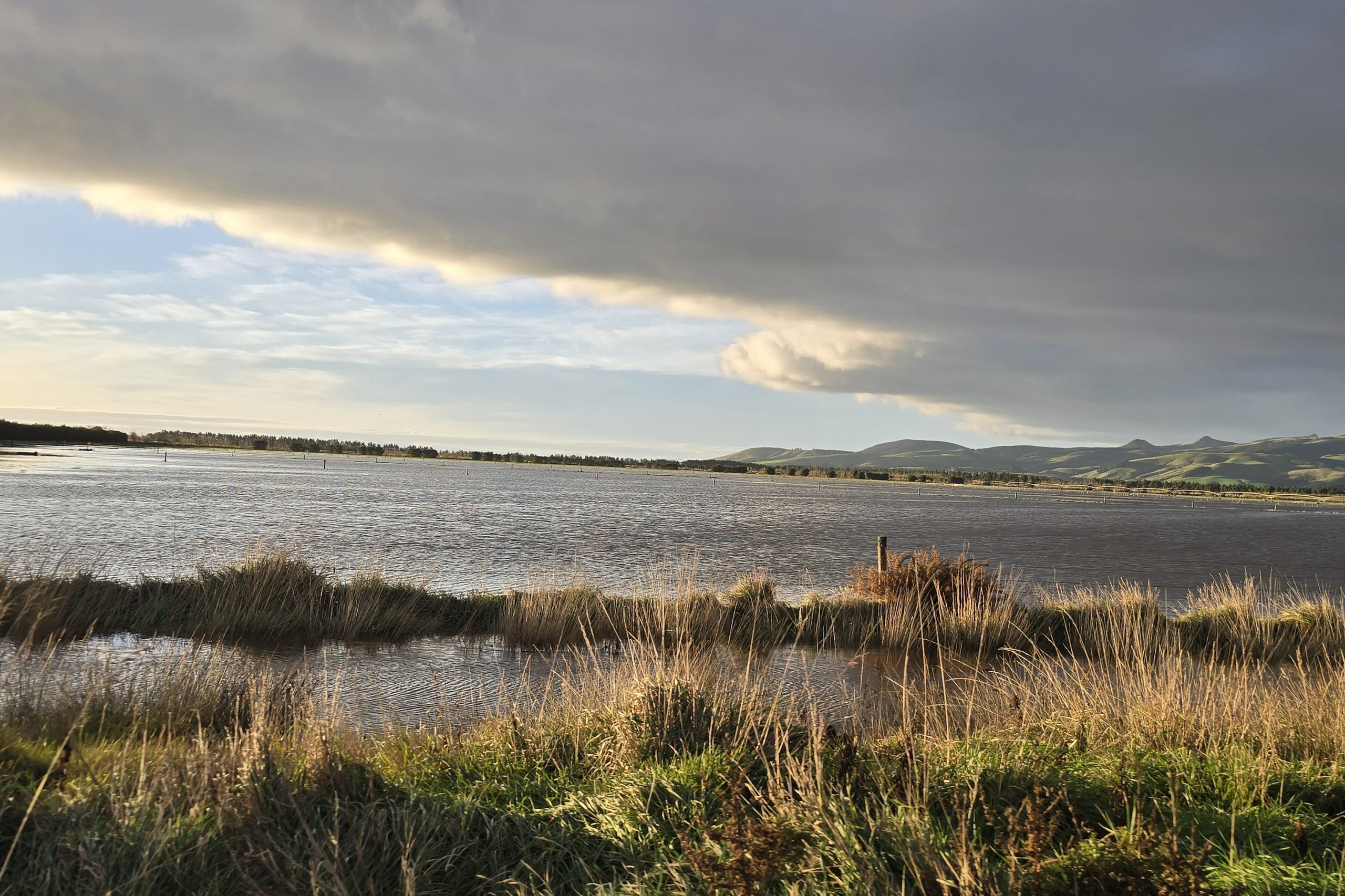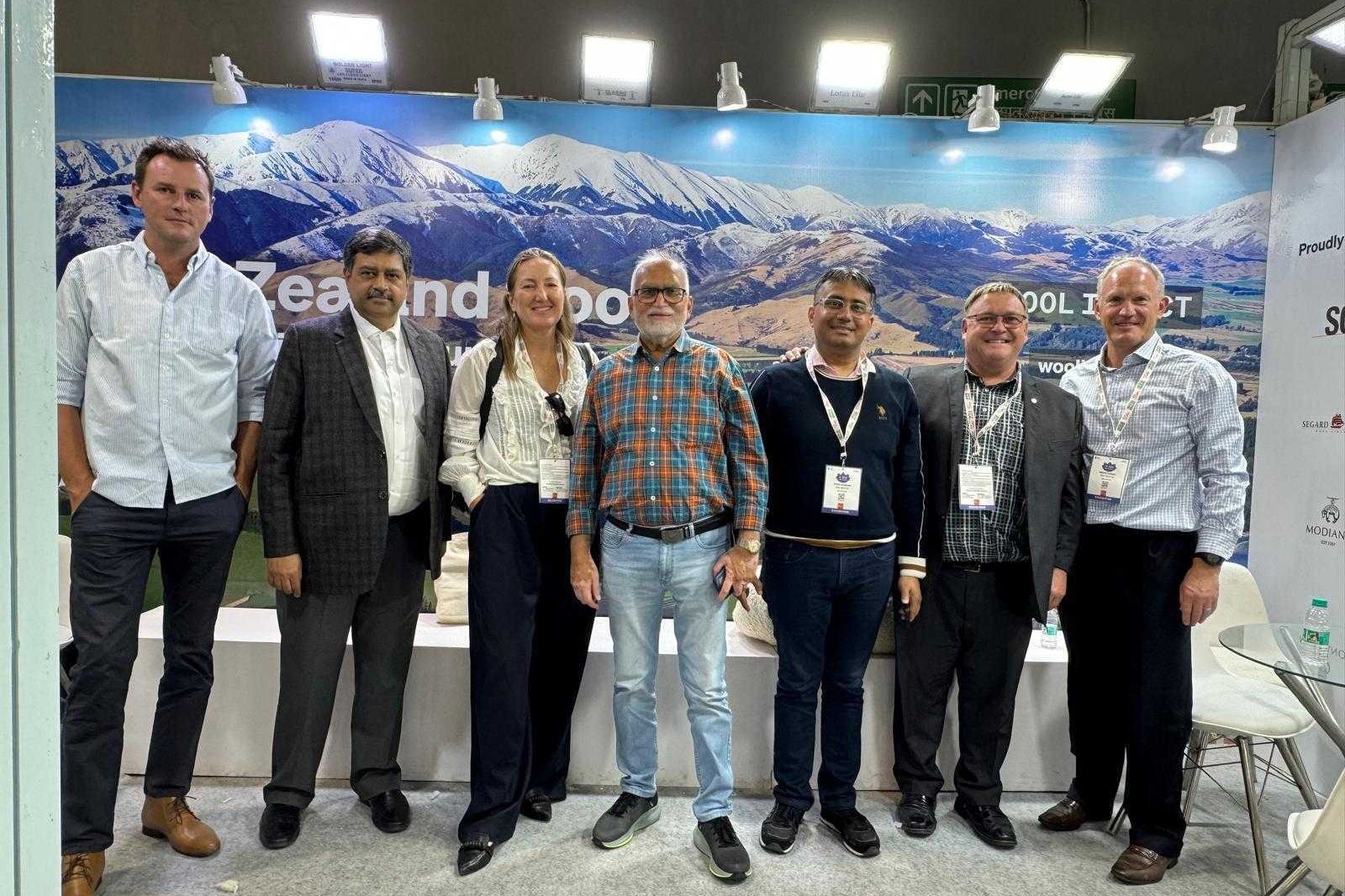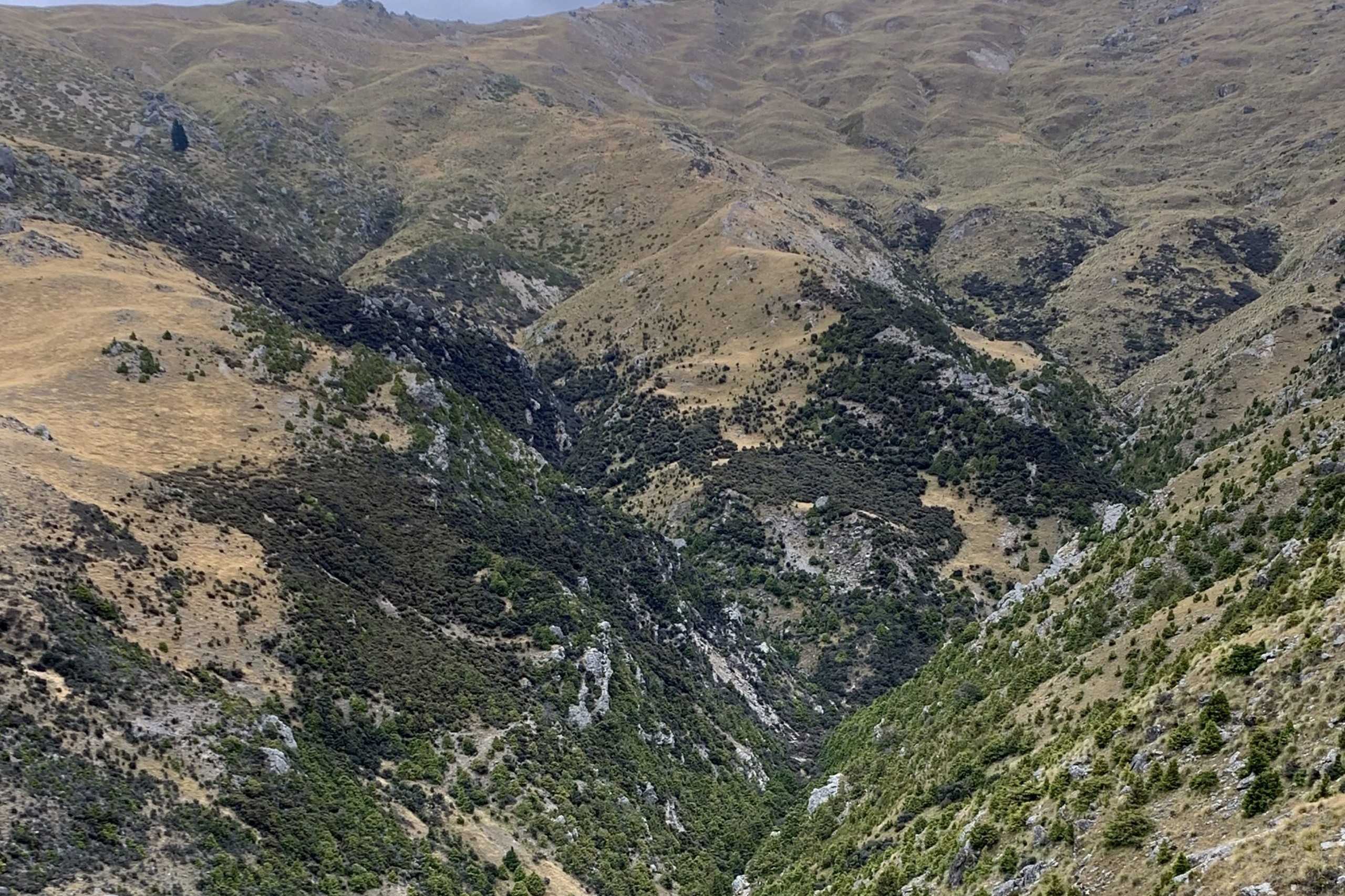Nick Loughnan is planning on doing his bit for the environment – only leaving the ground for weddings and funerals.
Think twice before printing this e-ticket. Good planets are hard to find.”
So said the emailed Air New Zealand ticket as it appeared on my screen, and the sentiment was worthwhile.
However, just how badly do we want to hang on to life as we know it on Planet Earth, before we all have to fly off to live on another one?
The truth for Air NZ is that for all the eco-sentiments in the environmental slipstream that it leaves behind as yet another one of its jets roars off the runway, we know that the best way for it to help our planet is just to leave those aircraft sitting firmly on the ground.
The carbon offsets to soak up Air NZ’s kerosene emissions since 2015 require about 10% of NZ’s land area to be planted in forestry. And we all know where that idea is going to finish.
So two years ago, I decided I’m only leaving the ground on urgent family business – weddings and funerals.
“Don’t be daft” said my dear sister in Oz as she invited us to join her group on another of her cycling holidays in Europe. “The plane is going anyway”.
And she is right. There is a recent massive surge in international air travel, and present projections have a doubling of aircraft seat numbers in the next 20 years. However, I come from a long line of stubborn old fools, and I’ll let someone else put my three tonnes of carbon into the atmosphere for the return flights to Europe which I won’t be taking. Three tonnes!!!
And herein lies the tragedy of our predicament. Regardless of the wealth of scientific knowledge around humans’ effect on the planet’s atmosphere, no one can afford to stop doing what they’re doing. Air NZ employs thousands of people, NZ has grown dependant on its significant tourism revenue, and we fly ever-increasing volumes of exports around the globe with them.
That was until another airborne traveller crashed the party.
Whoever would have imagined that a microscopic bug could have played the joker in this high-stakes game? Yet that tiny virus has already helped millions of tourists decide that a wide-bodied aluminium viral incubator is no longer a great place to jump in to.
So, what’s the connection with flying and farming?
It’s that common element, the base building block of all life on earth. Carbon.
Air NZ buys the liquid version of it, puts it through jet engines, and leaves the combusted stuff floating high above us. And the airline industry gets off very lightly with tax on its emissions. Japan and Norway are the only countries in the world to charge taxes on aviation fuel, so no one fills their jets there. And the Kyoto Protocol and the Paris Agreement exempted airlines from their gaze. Meanwhile, our farmers have been put under intense scrutiny. It seems gadding about all over the world on holidays leaving massive carbon trails in our wake can be completely excused, while producing food for the world to eat cannot. Our livestock ruminants produce methane.
As tourism and agriculture still dominate in our nation’s export earnings, perhaps farmers just need to take a leaf out of Air NZ’s book.
The airline, despite growing its carbon emissions by nearly one million tonnes over the last 10 years, has won numerous international sustainability awards. It now employs a top British environmentalist who has just proclaimed it to be ‘the least unsustainable airline in the world’.
Now I am really lost for words!!




